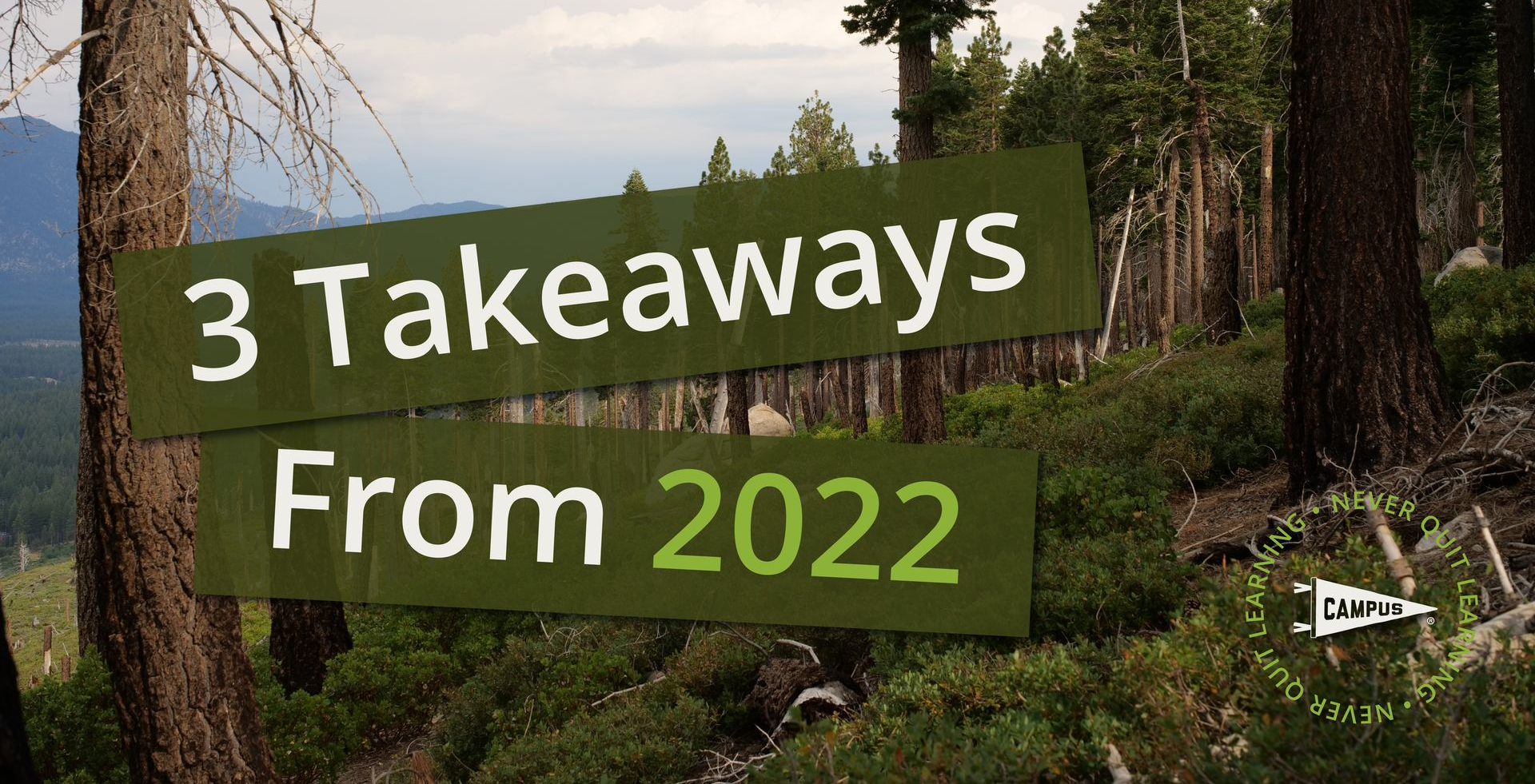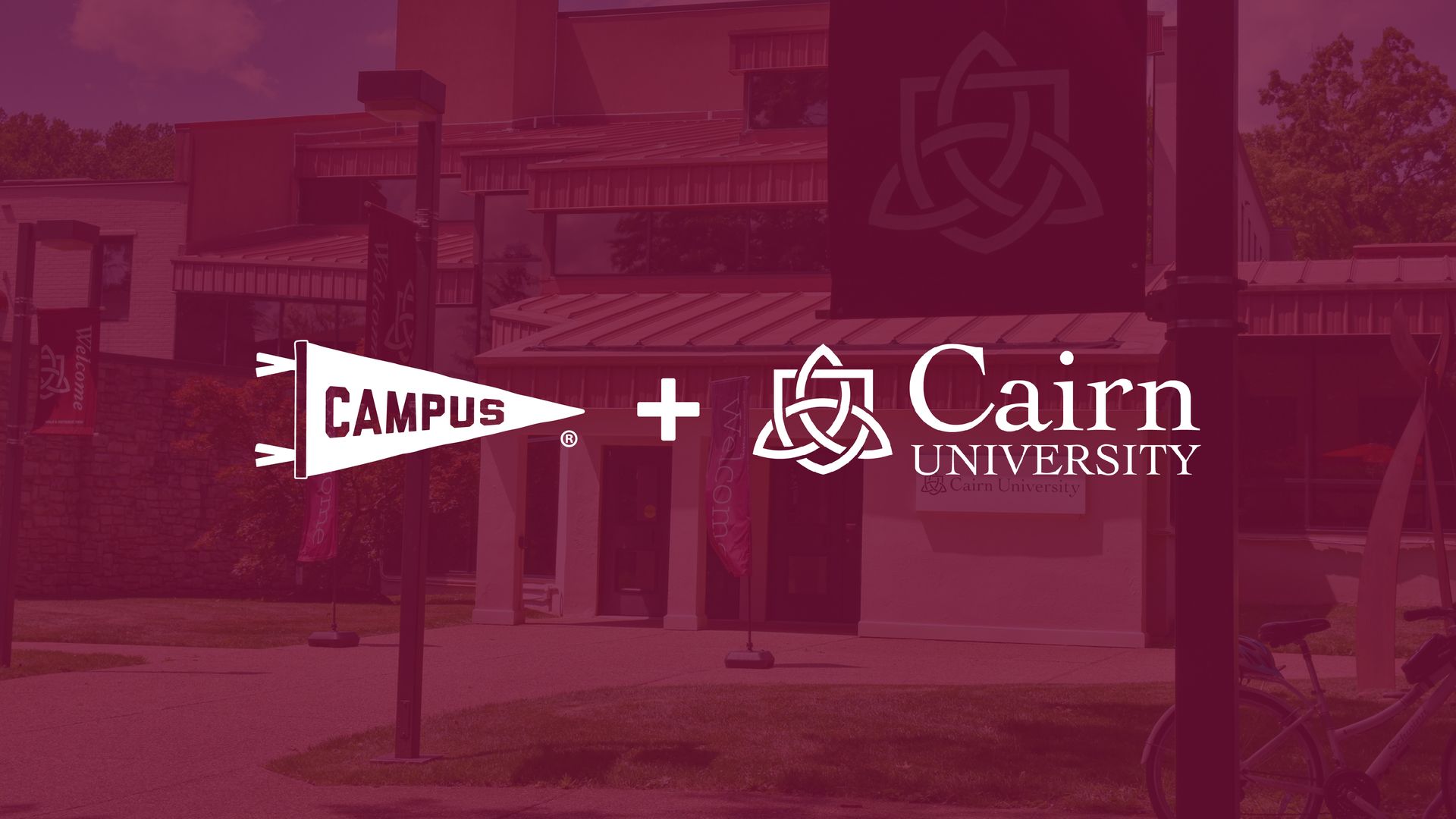Are You Hesitant?
Ken Schenck
July 21, 2022

Are You Hesitant?
The number of conversation partners with Campus gets wider and wider every week! We are not only working with more and more colleges, but our summer has been full of new course builds with the Association of Christian Schools International (ACSI) for Christian K-12 schools around the world. We have started collaborating with churches and publishers of content (e.g., video repositories). An increasing number of universities are exploring badges and certificates with us.
When we started two years ago, we provided our videography and instructional design services for free, working with a small handful of colleges at the start. The result was the spectacular courses of Campus Learn with which you may be very familiar by now. The days of doing those services for free are now gone. Our services are still less expensive than it costs for a college to do this level of videography itself (and much less expensive than other professional services). In the end, the academic partnerships between organizations like Campus and universities are increasingly the norm. Today’s interested partners are not just early adopters. [1]
But why have some schools hesitated? In today’s post, I want to address some of the reasons.
1. I’m Too Busy
It is not surprising that many Chief Academic Officers are barely keeping their heads above water. It is so often this way with “Tier 2” goals. They are far more important than the daily “whack-a-mole” of a Dean or Provost, but they sometimes do not get done until you get to the point of emergency. Registrars have a similar life of immediate urgency.
So it’s understandable that some academic leaders and registrars have been hesitant to take on another thing. In cases where someone else could take the lead, schools have joined more quickly. On our side, the recent launch of Campus Link has made it easier than ever for a registrar to connect to our network, and we do most of the work for courses on our Learn platform.
Our potential services are much more extensive than Acadeum or Rize, other businesses in our space. We are deep where Acadeum is wide. We provide a whole ecosystem with extensive enhancements to online courses. Acadeum simply connects colleges to courses. It does not enhance courses or really market them. It does not have a connection to the Christian high school network. It also goes without saying that we are exclusively focused on Christian colleges that are explicit about the integration of faith and learning.
2. I don't want to cannibalize my residential program
We heard this pushback, especially in the early days. It was the kind of message I heard from those who published my books in the early days of Amazon. “Don’t send your friends to Amazon. Send them to our publisher webpage.” Amazon pushed the cost of a book down, and publishers predictably wanted to avoid that dynamic as much as possible.
It eventually became inevitable, as it will with course sharing once the dam fully breaks. Our work with churches may have this impact. I have blogged previously about using Campus to expand your markets, so I won’t repeat those arguments here. In the meantime, it is the high school market that is drawing many of the newest schools to join our platform. They want to recruit them out of high school to become full-time students at their universities.
Since the early days, we have added another tool that does not require a university to put their online courses into our LMS platform. We will display the courses that are on your Learning Management System (LMS). Campus Discover is a visual catalog that displays your existing online courses for sale to the world (can do onsite courses as well). Up till now, displaying your courses on Campus Discover has been free. We only asked for 10% of what you collect from a student at another college. However, with the Discover platform rapidly filling up with a host of quality courses, we will quickly begin charging for this service you might have previously received for free.
3. I’m unsure of the quality
I am amazed that a debate that was definitively settled two decades ago still pops up from time to time. The evidence is clear. The average learning of students in an online course is as good or better than a face-to-face class. [2] Are there bad online classes? Of course there are. And there are countless bad face-to-face classes too. A well-designed course is a well-designed course whether onsite or online. A responsive professor is good whether online or onsite. Let me be frank. Arguments against online education at this point in the game are simply unfounded.
Courses on the Campus Learn platform have more rubrics to measure learning than the vast majority of traditional classes. We even keep track of that antiquated measuring tool known as the “Carnegie hour,” which measures quality based on how warm your rear end makes a piece of wood (or plastic these days) in a physical location. In a previous piece, I even suggested that some resistance in this area may have to do with a subconscious classism. No matter, the people always win.
In the end, the courses in the Campus universe are as good as your university wants them to be.. We are a medium, a platform. Beyond our minimum learning standards, your university can make its courses as brilliant as you want them to be. You are in the driver’s seat.
4. I already tried that
Perhaps you feel like you have already tried something along these lines before. We would want to know more. What exactly did you try, and what were the goals you felt you did not achieve? How did you set up the experiment? Did you give the students what they were wanting in the way they were seeking it? Were any unnecessary obstacles put in their way?
Here are three tips on how to engage with Campus with success. First, what are the strengths of your school? What are your superpowers? Who are your most engaging professors? What is the best your school has to offer? You might also take a look at what is already on the Campus Learn platform. Are there gaps your university can fill with excellence?
Second, consider your market, especially in a 50-100 mile radius of your school. What does the Christian high school market look like around you? What are the subjects that those students are most wanting to take while they are still in high school? What are the ones that will best draw them to your campus to finish their degrees? Also consider whatever church tradition you are part of. What subject areas would be most attractive to your denomination or faith tradition?
Finally, don’t create unnecessary obstacles for your students. Participate in the Campus Consortium in a way that allows your students to count Campus courses within their load. In that way, they can get financial aid for the courses they take. These are hard times. Give your students access so they can make the choices they want to make.
A final thought on hesitation
My father was in World War II. He had some sayings that I suspect come from those Army days. “Indecision is the worst decision.” “He who hesitates is lost.”
It is not quite as serious as life and death, but the value proposition of Campus Edu is clear. I just shake my head when I think about what we offered some colleges less than a year ago and that they passed on. A whole new group of colleges has joined, all of whom see the potential. One new institution will be putting 20 Gold courses into the Campus Learn platform this fall. By spring, high school students will be able to get associate degrees through our partner colleges in areas like cybersecurity, business entrepreneurship, psychology, media/communications, allied health sciences and more.
It’s not too late to join!
[1] Cf. https://www.holoniq.com/notes/the-7b-global-opm-and-academic-ppp-market/
[2] Our Chief Academic Officer, Erin Crisp always points to
www.nosignificantdifference.org for this clear conclusion. "The No Significant Difference database ... is a fully indexed, comprehensive research bibliography of 355 research reports, summaries and papers that document no significant differences (NSD) in student outcomes between alternate modes of education delivery."
The Campus Blog



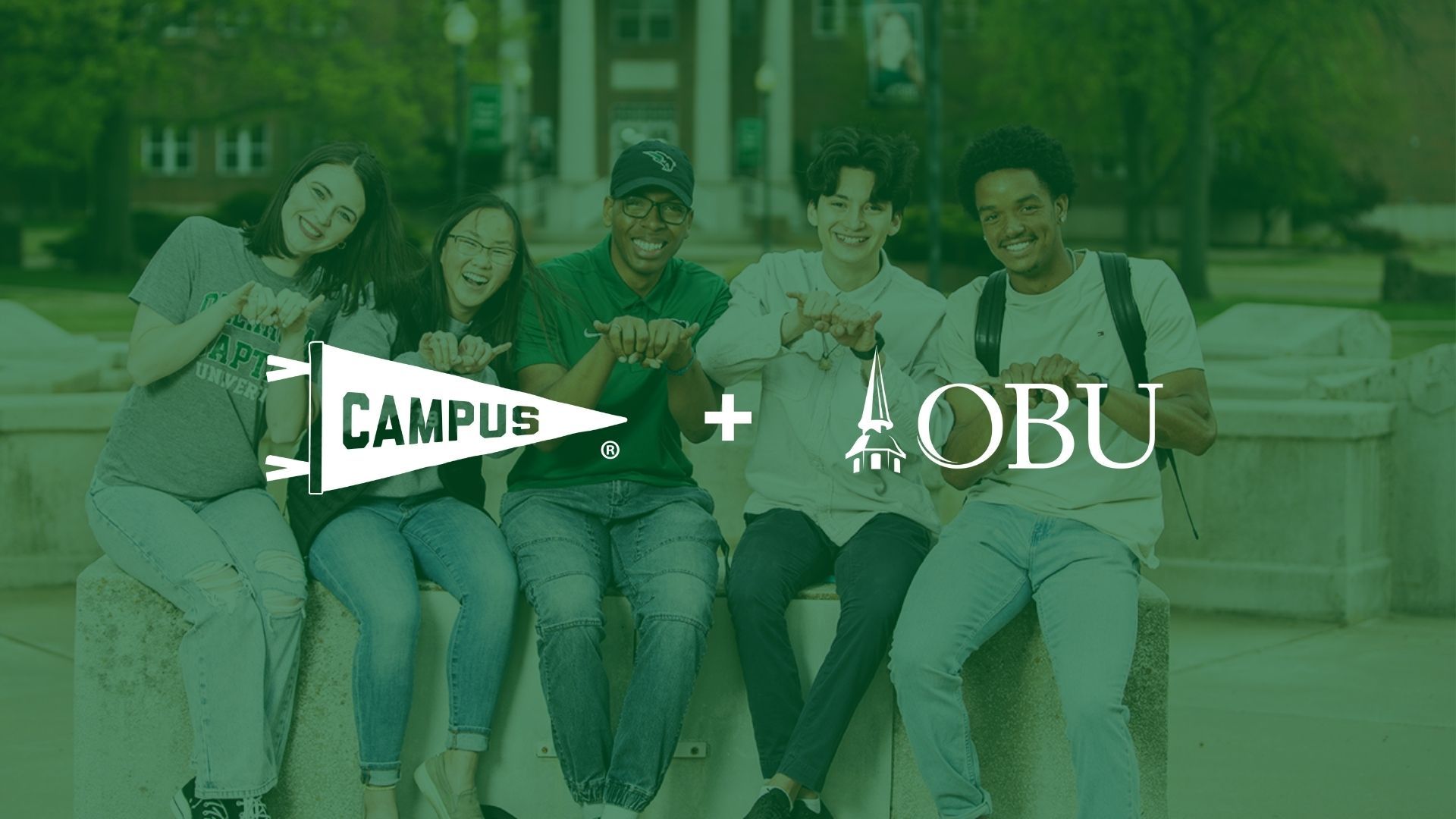
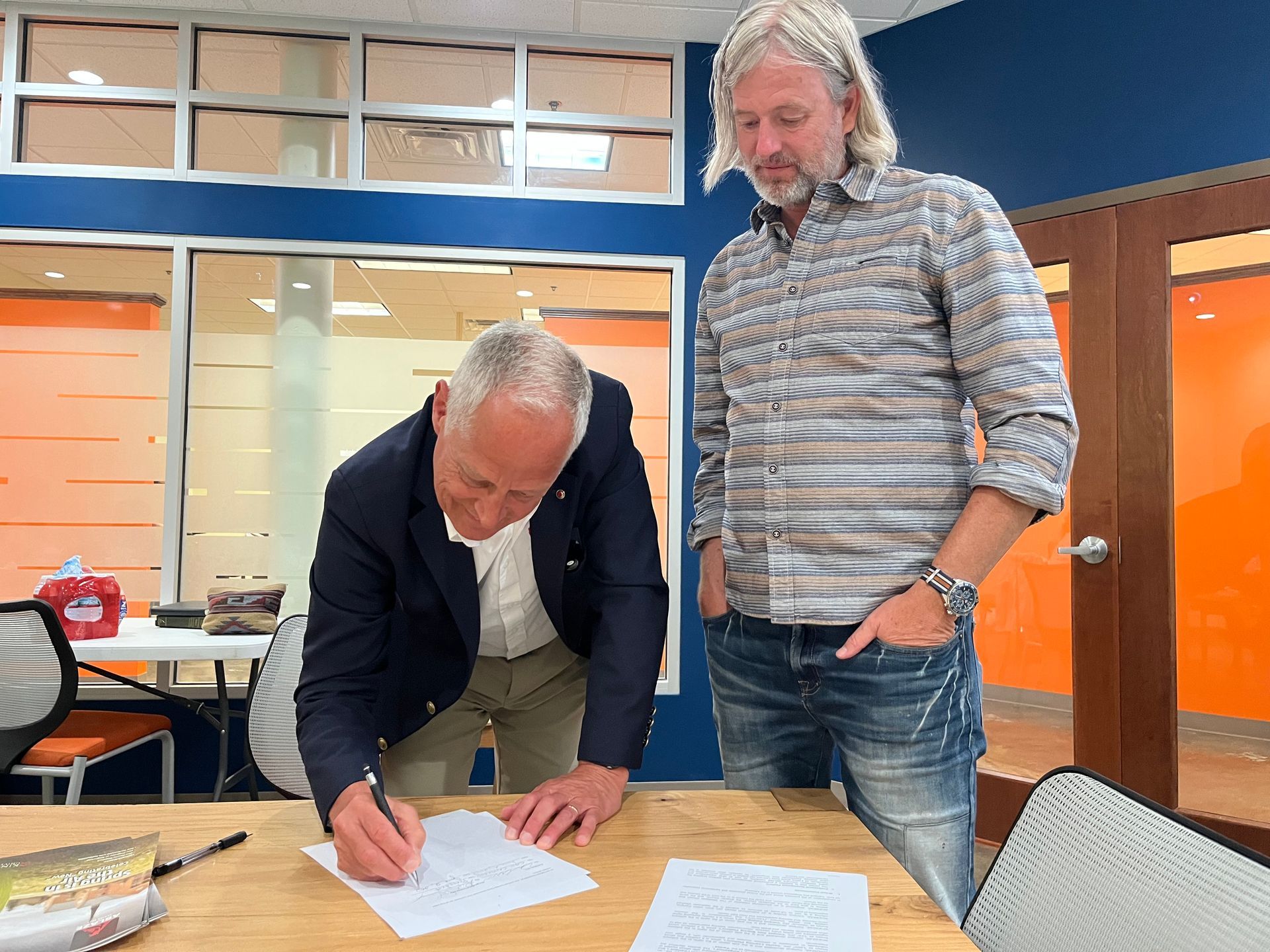
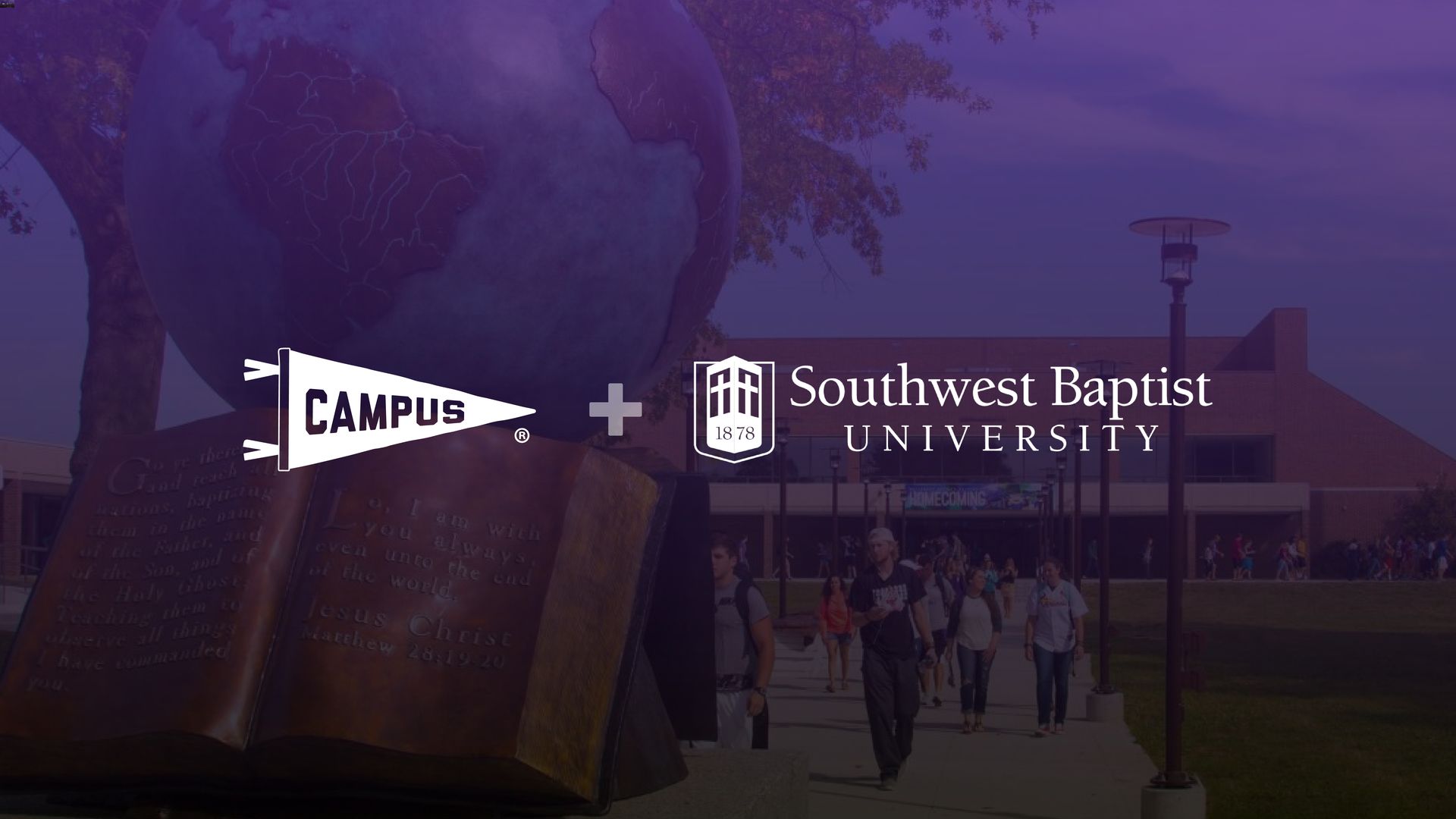
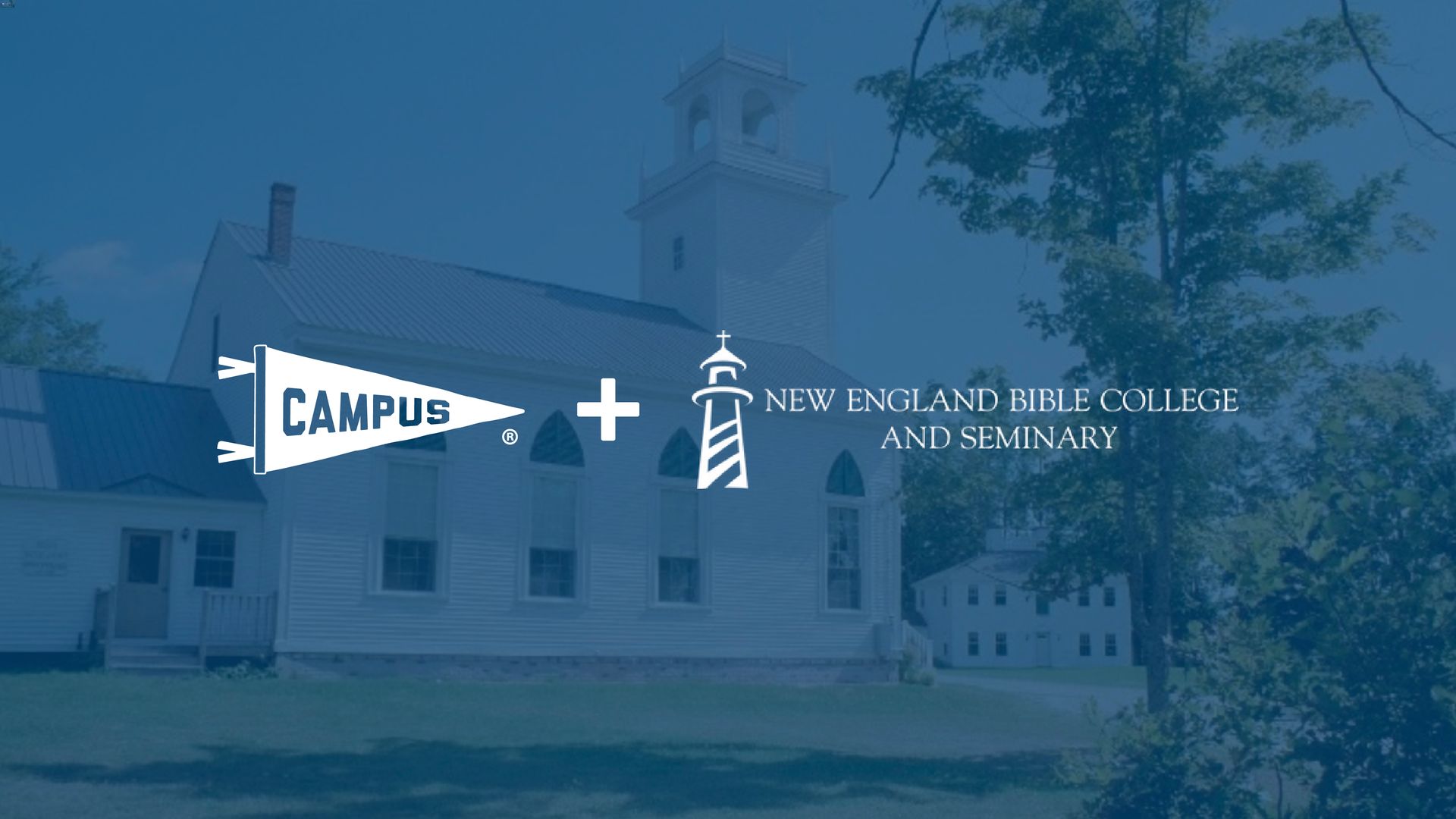
Transforming Christian
Education with AI
Empower your institution with tools designed to save time, enhance learning, and strengthen discipleship.

